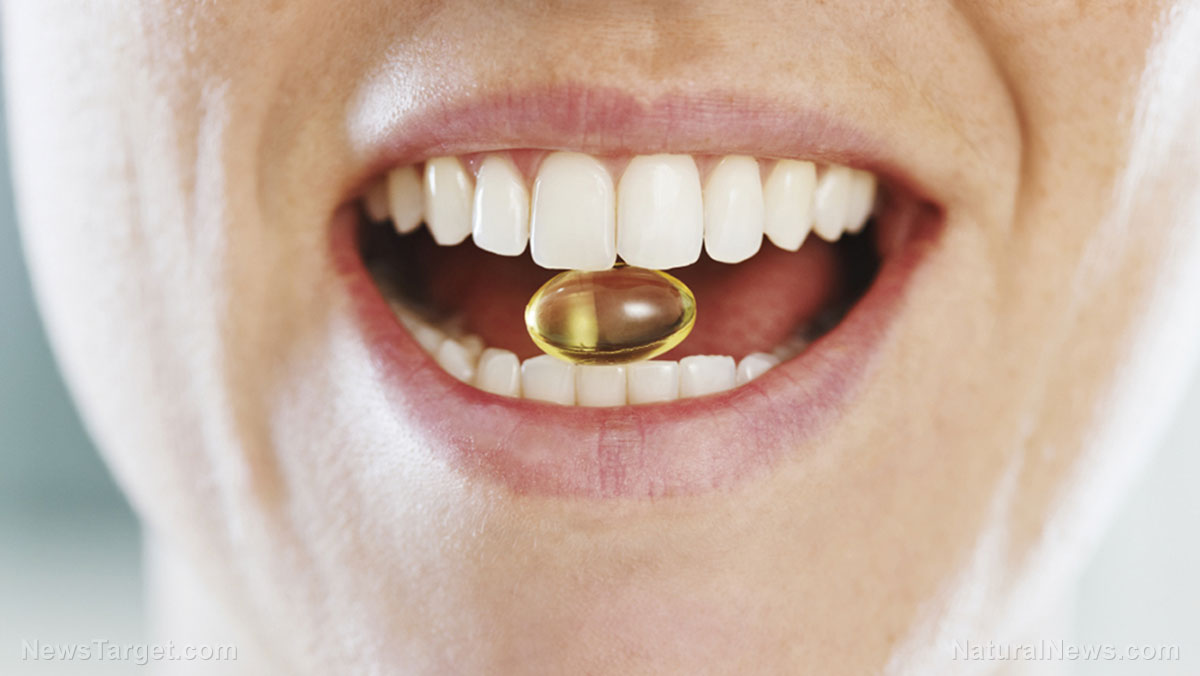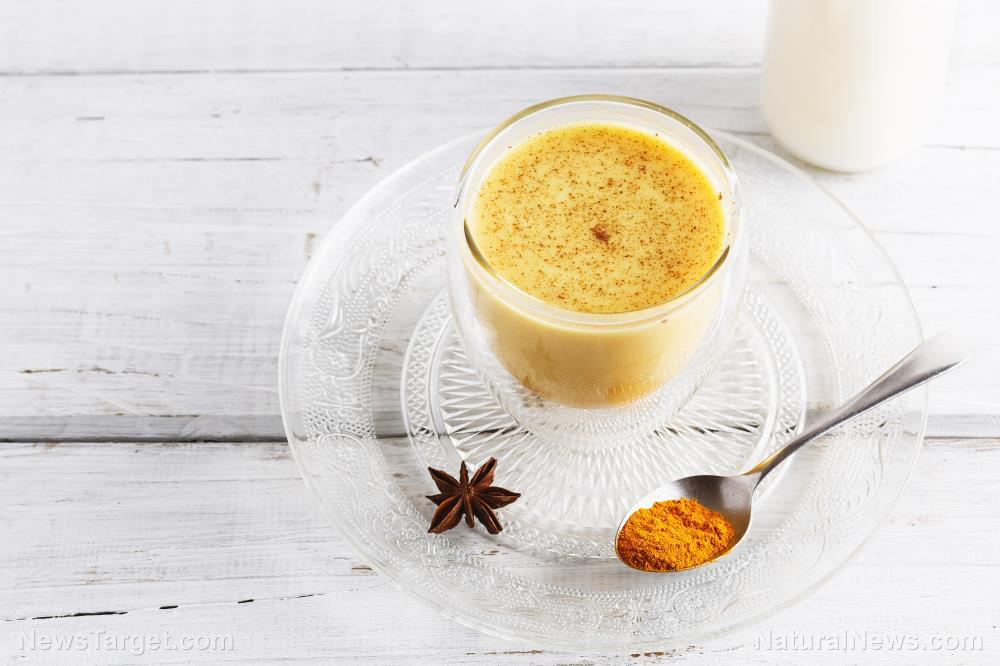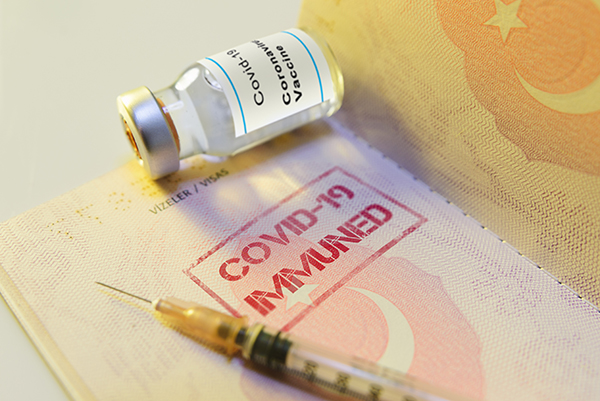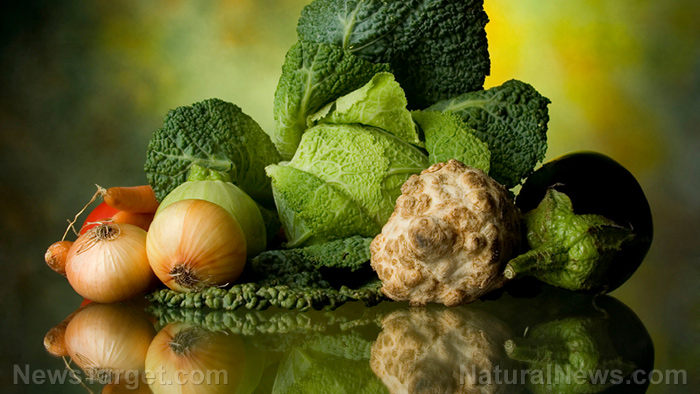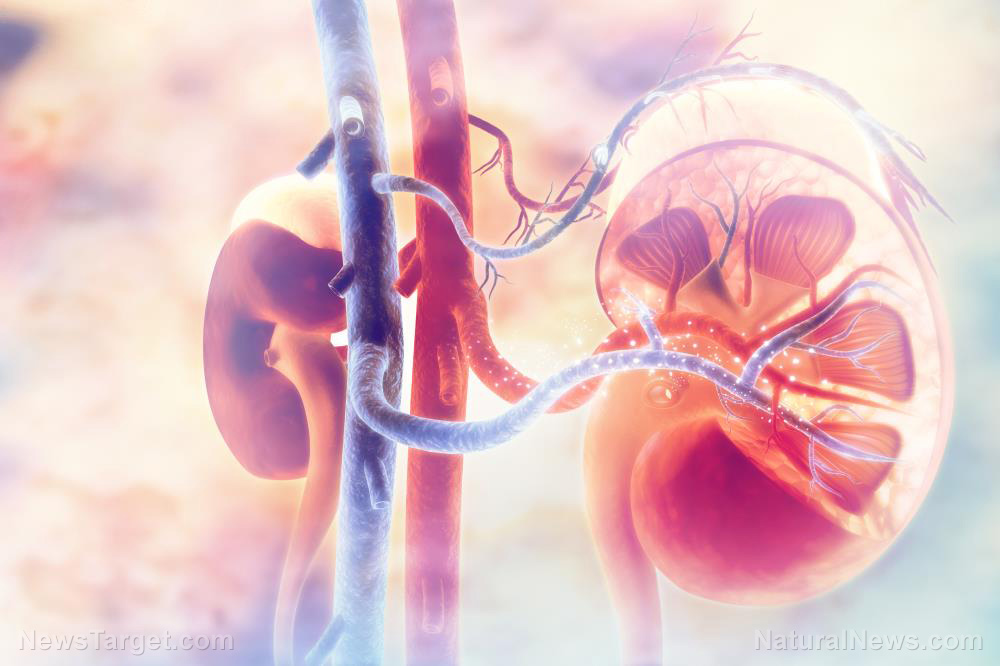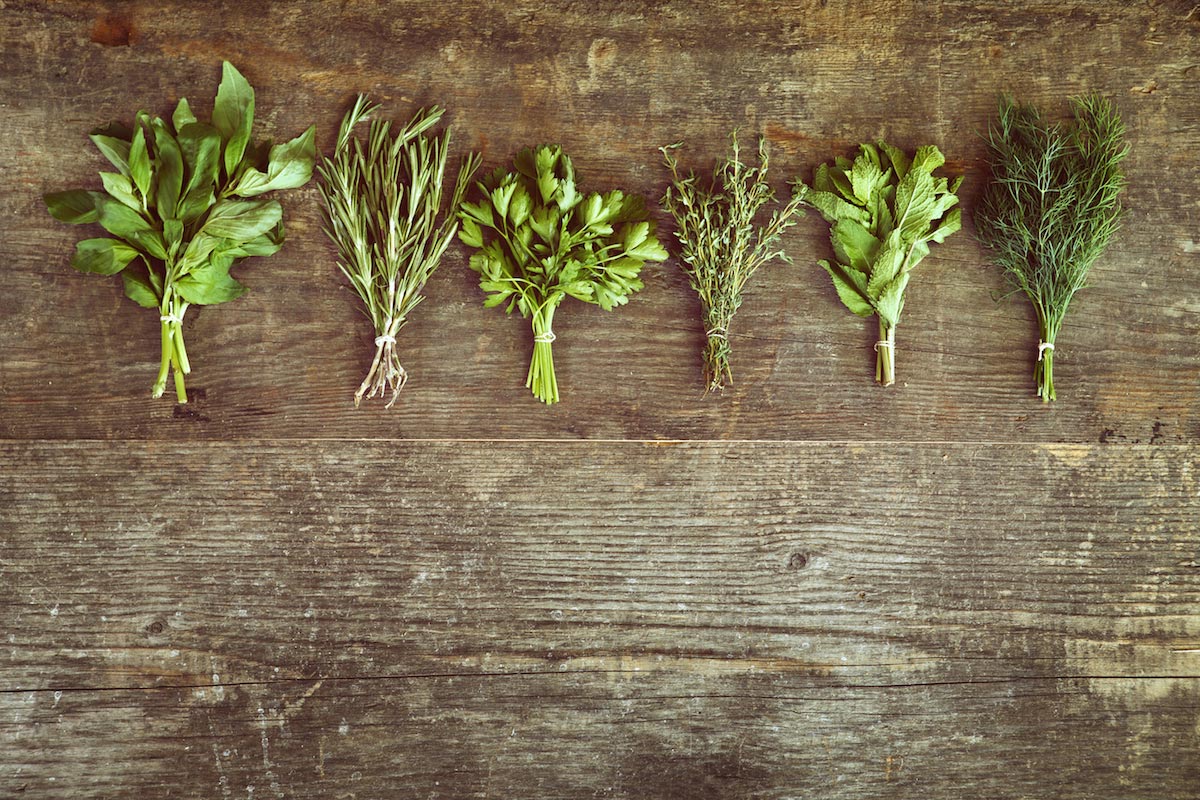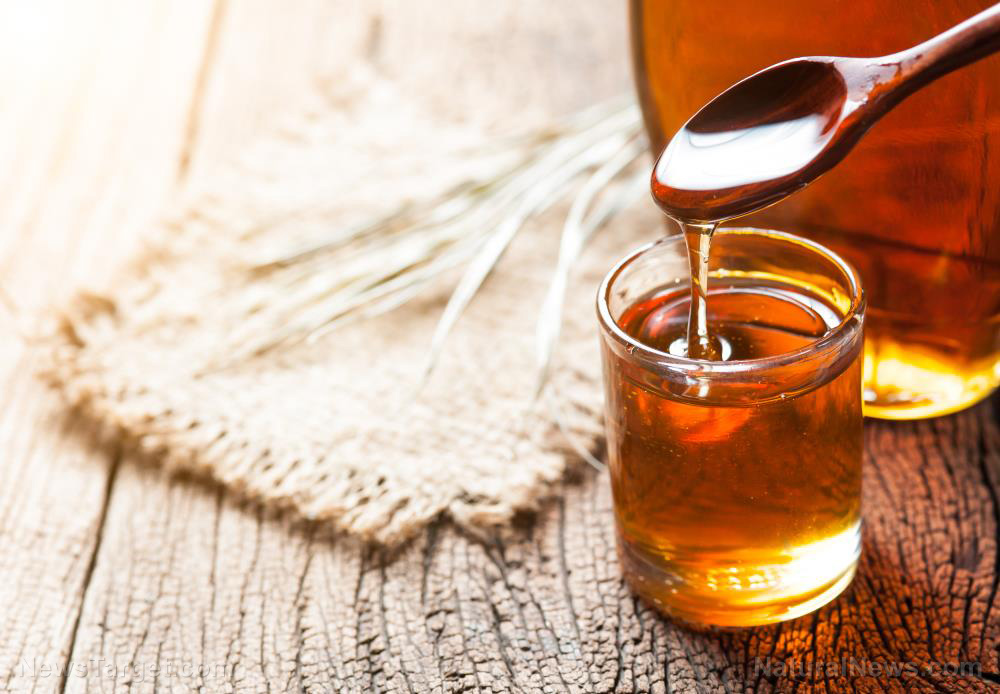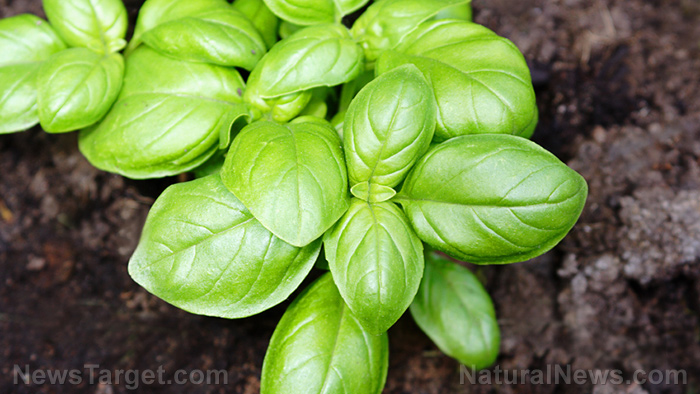5 Supplements for managing blood pressure
06/20/2021 / By Divina Ramirez
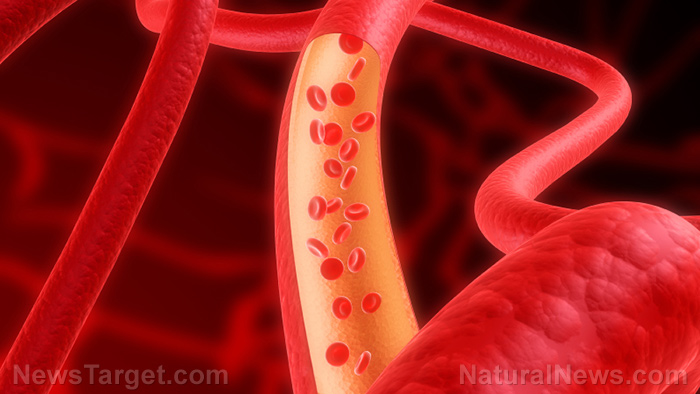
Eating a healthy diet is key to maintaining healthy blood pressure levels. After all, many of the minerals needed for blood pressure management, such as potassium and magnesium, come from a variety of nutritious foods. If you’re eating a balanced diet, then you have nothing to worry about.
But if your regular diet mainly consists of highly processed foods, then you may not be getting the minerals and other nutrients needed for blood pressure management. If so, you risk developing high blood pressure. High blood pressure is a major risk factor for serious health problems, including heart disease and heart attack.
Thankfully, taking certain dietary supplements can help lower your blood pressure and lower your risk of developing health problems associated with high blood pressure.
Here are five of the best supplements for blood pressure management:
1. Potassium
Potassium supports healthy muscle function and relaxes the walls of the blood vessels, which helps lower blood pressure levels and protects against muscle cramping. Potassium is also important for the conduction of electrical signals in the nervous system and in the heart. This protects against an irregular heartbeat.
Potassium can be found in many foods, such as spinach, apricots and mushrooms. You can eat more foods high in potassium as part of your daily diet to increase your potassium intake or take dietary supplements. Take note that potassium supplements can be harmful if you have a kidney disorder. Always consult a natural health practitioner before taking supplements to get the right dosage.
2. Magnesium
Magnesium is needed for more than 300 biochemical reactions in the body, such as blood pressure control and healthy muscle and nerve function. Magnesium helps blood vessels relax and keeps the heartbeat steady. (Related: Magnesium and osteoporosis: 10 Reasons why magnesium could prevent osteoporosis.)
Experts recommend taking 320–420 milligrams (mg) of magnesium each day for blood pressure management. You can also get magnesium from many foods, such as leafy vegetables, whole grains and legumes. Don’t take more than the recommended amount per day. Excess magnesium gets flushed out in the urine, leading to low magnesium levels.
3. Dietary fiber
A higher intake of dietary fiber, particularly insoluble fiber, may help lower blood pressure, according to a 2015 study published in the British Journal of Nutrition. The researchers behind the study attributed insoluble fiber’s blood-pressure-lowering effects to a variety of factors, including increased nitric oxide release, improved endothelial function and better insulin sensitivity.
Experts recommend consuming 25 grams (g) of fiber every day. You can get fiber from fruits, vegetables, beans and seeds. Fiber supplements are a good alternative.
4. Folic acid
Folic acid is thought to lower blood pressure levels by helping blood vessels relax. Folic acid is particularly beneficial for pregnant women since high blood pressure can be especially harmful during pregnancy.
Also known as gestational hypertension, high blood pressure during pregnancy can lead to a number of serious complications, including preeclampsia, stroke, preterm delivery, and low birth weight. Experts recommend taking 400 micrograms (mcg) of folic acid each day for women who are trying to conceive.
5. Coenzyme Q10
Coenzyme Q10 (CoQ10) is a naturally occurring compound made by your body. It is stored in the mitochondria of your cells and plays an important role in cell chemistry. Experts believe CoQ10 supplements help lower blood pressure by preventing fatty deposits from accumulating in the arteries, which can cause them to harden. Arterial stiffness typically precedes the development of high blood pressure.
Foods high in CoQ10 include poultry, grass-fed beef, fatty fish, nuts and seeds. Taking supplements can further boost the amount of CoQ10 you get from your diet.
Learn more about managing blood pressure for optimal heart health at Heart.news.
Sources include:
Tagged Under: alternative medicine, blood pressure, Cardiovascular, cardiovascular health, heart health, natural medicine, Natural Treatments, prevention, remedies, supplements
RECENT NEWS & ARTICLES
COPYRIGHT © 2017 NATURAL CURES NEWS


